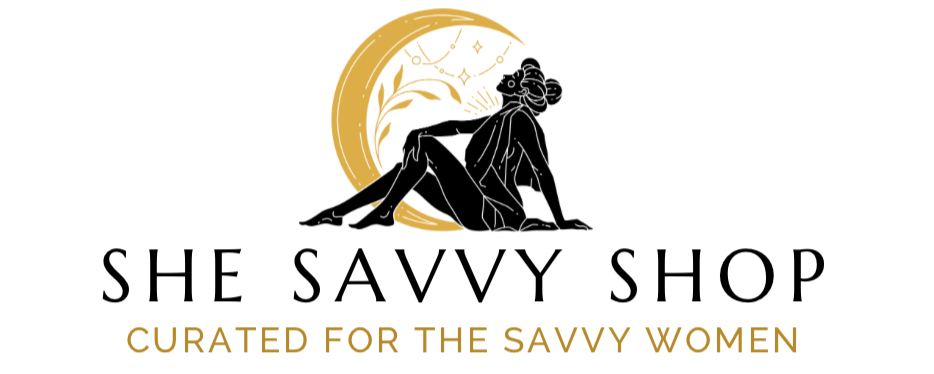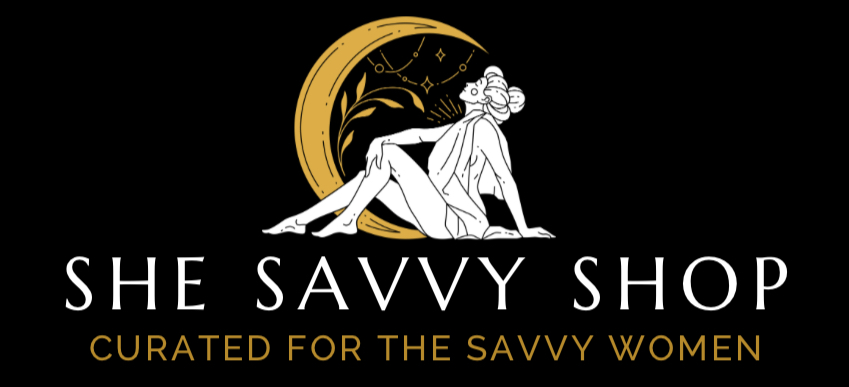
When Moroccan human rights skilled Rabéa Naciri attended the Fourth World Convention on Girls in Beijing in 1995, she knew it was a turning level for ladies’s rights. “I used to be impressed by the worldwide momentum that had been set in movement for the reason that Nairobi convention,” she stated.
A collection of worldwide conferences, conferences and feminist activism grew the momentum main as much as the Beijing convention and the worldwide settlement endorsed there by 189 governments and 1000’s of civil society representatives – the Beijing Declaration and Platform for Motion. Naciri recollects how feminist activists from Algeria, Morocco and Tunisia got here collectively as a collective to advocate for household legislation reforms within the nation and globally. For them, the convention in Beijing was a milestone of their pursuit of equality, rights, and justice.
“It introduced priceless classes, broadened alliances and strengthened solidarities,” she shares.
“The adoption [of the Platform for Action] represented a turning level, because it was accompanied by an actionable framework and direct accountability for States, requiring them to develop and implement nationwide motion plans.”
Nationwide Motion Plans maintain the promise of change by way of useful resource allocation, programmes and insurance policies. For Morocco, the advocacy and commitments made on the 1995 convention in Beijing culminated into the historic reform of its household legislation.
In 2004, the brand new Household Code of Morocco was formally introduced by the federal government and implement. It included a variety of progressive measures for gender equality, corresponding to elevating the age of marriage to 18 years for each women and men, criminalizing home violence, equal custody rights for women and men, and ending the guardianship of ladies by male family members.
Trending Merchandise











